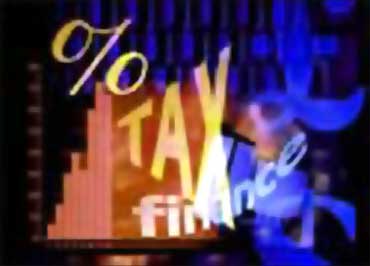
What do you think constitutes a good investment? Good returns, of course and security for your investment. Can you think of anything else?
On a closer look there is more to investment apart from this. There is the impact of inflation, which could shrink your actual returns and the more important issue of taxes on your returns.
Here we explain the impact of taxes on different investments. ...
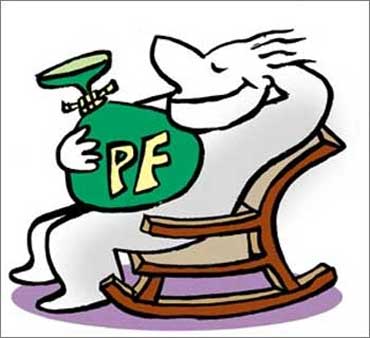
PPFs, FDs, and Government securities
Let us first consider the low risk investment options in public provident fund or PPF and the popular bank fixed deposits or FDs and the various government securities. All three have very similar trends in terms of returns.
Perhaps the only difference that you could think of between a PPF and an FD is the number of years of tenure. While PPF has a 15-year term, FDs have different terms. In fact FDs come with lesser number of lock-in periods -- say 5 years.
On the tax treatment for PPF and FD, the deductions under 80C are the same however there is a difference on the tax returns front. The returns that you get on FDs are taxable while on PPF it is tax free. So assuming that both PPF and FD gives you 8 per cent returns, the post tax returns on PPF would still remain at 8 per cent while it will be 5.6 per cent in case of FDs if you fall in the 30 per cent tax bracket.
The returns from the various government securities like the National Savings Certificate and Kisan Vikas Patra are taxable and considering the above example your post tax returns would stand at 5.6 per cent.
So between the three options your choice should be those investment options where the returns are either tax free or the returns which do not get taxed substantially. further. . .
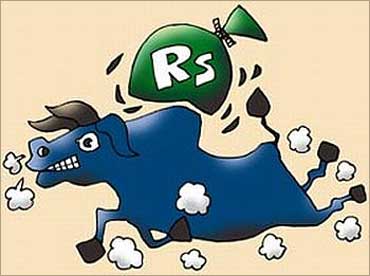
Equities and equity mutual fund
Direct equities or equity mutual funds are high risk on the short term and when a systematic investing trend is followed they are less risky and tax effective on a long term.
For example, you would have to shell out short term capital gain tax of 15 per cent and cess if you sell your equity mutual fund before one year of holding. On the other hand selling it after one year could save you taxes. further. . .

Insurance, pension plans
When you buy a pension plan you pay the premiums for some years and the payouts start when the vesting or retirement age is reached. On the tax front these payout attract taxes at normal rates.
However the payouts from other types of insurance plans such as guaranteed, bonus linked or ULIPs, and a whole life insurance plan that comes with an option of YoY withdrawals are tax free. further. . .
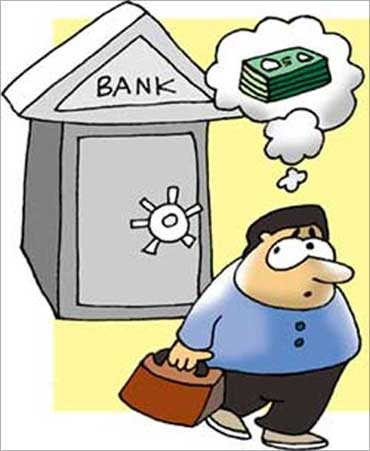
Debt funds and bank FDs
The returns from Liquid Plus funds which are tailor made tax saving instruments for very short term deposits are slightly higher than the traditional bank FDs.
Also unlike the taxable FDs the returns from these funds are tax free. Despite some percentage of tax on the dividend distribution tax from Liquid Plus funds the post tax returns per annum from this fund is considerably higher compared to FDs.
Similarly, the investments in long term deposits of more than one year such as Fixed Maturity plans or FMPs give 'double indexation' benefit. However the timing of investing and withdrawal in FMPs is important.
While investing in FMP is ideal just prior to the end of a financial year you can withdraw it after the end of the next financial year. The tax rates are minimal compared to FDs and higher post tax annualised returns by over 50 per cent. further. . .
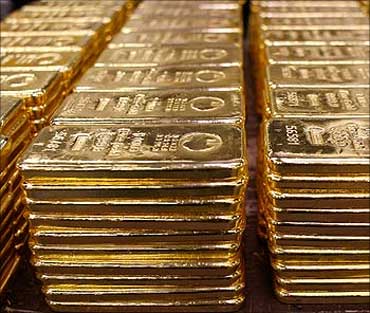
Gold, realty
Gold comes handy when one needs money urgently. However the sale of gold jewelry within a period of 36 months from the date of buying is taxable at normal rates.
Even if the sale is made after three years after employing the indexation benefit you could still end up coughing about 10 to 20 per cent of taxes. So the best way to save tax would be to invest in tax saving gold mining funds or mutual funds and in exchange traded funds.
The impact of taxes on real estate which is an illiquid asset depends on the holding period. While selling of a real estate within 36 months of buying would attract taxes at normal rates, exemption can be claimed if a residential property is sold after 36 months but only if it is re-invested.
However, the innately longer market cycle would mean that you cannot expect to earn a decent income out of your real estate before 10 years. further. . .

How to allocate money to maximize returns while minimizing taxes?
The criteria for maximising returns and minimising taxes are investing wisely and not saving as the returns on FDs are taxable. When investing look at post tax returns wherever relevant and choose tax free or lower tax instruments.
If you are an investor with a low risk appetite and want tax free investments go for traditional insurance options and financial products like the PPF and VPF (voluntary privident fund), and gold and debt instruments. You can also look into investing in mutual funds and real estate which have less tax on returns compared to FDs.
For investors with medium and high risk appetite, ULIPs, equity, balanced mutual funds and direct equities are better options. If you are looking at investing in interest bearing assets consider the post tax returns as these are generally tax inefficient.